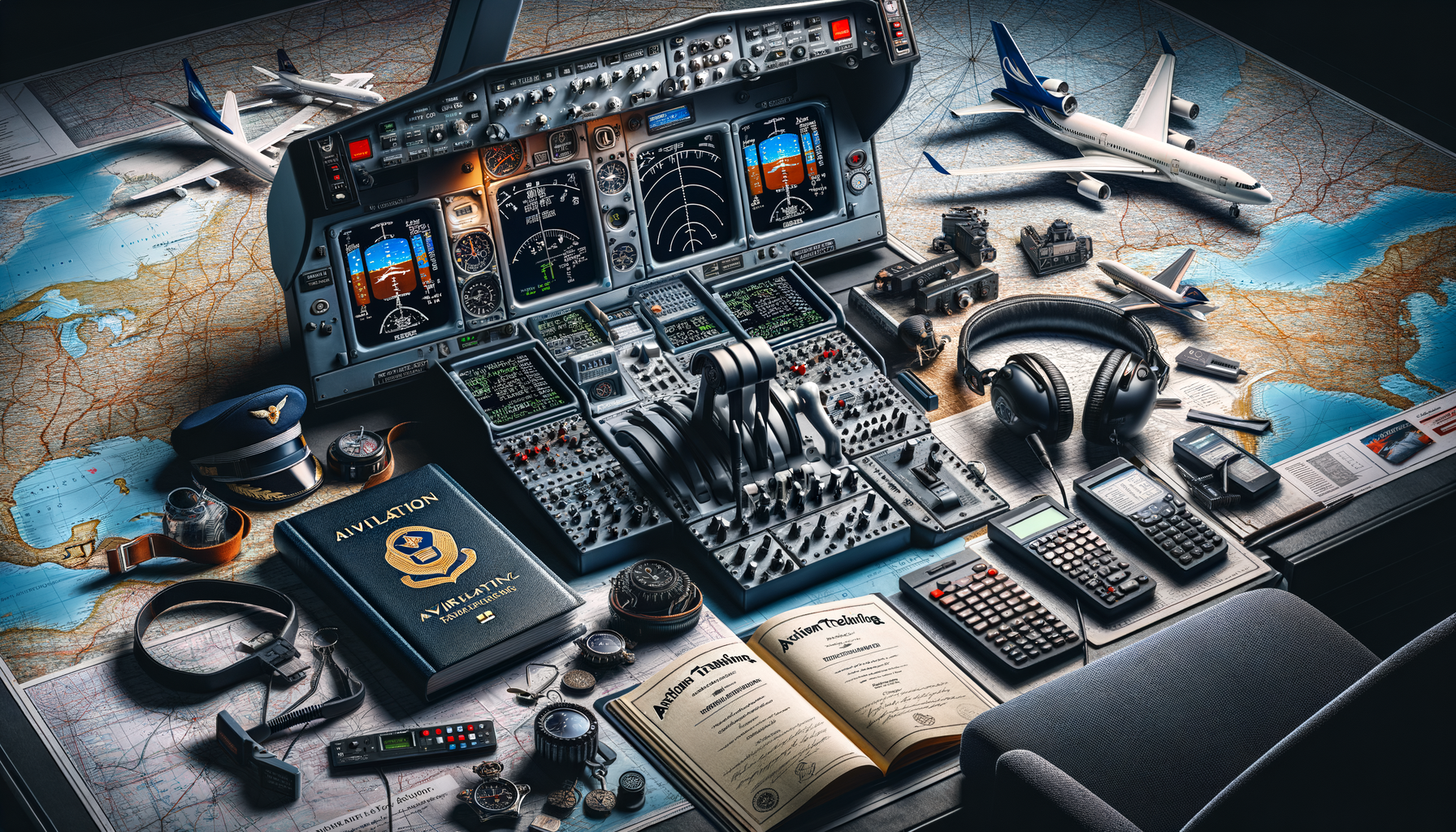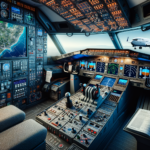Understanding the Landscape of Aviation Training
Aviation training is a critical component in the aviation industry, serving as the backbone for ensuring safety, efficiency, and proficiency in various roles. The training encompasses a wide array of programs designed to equip individuals with the skills required to operate aircraft, manage air traffic, and handle ground operations. The importance of aviation training cannot be overstated, as it directly impacts the safety of passengers and crew, the efficiency of airline operations, and the overall growth of the aviation sector.
In the Netherlands, aviation training is highly regarded, with institutions offering comprehensive courses that cover both theoretical and practical aspects. The curriculum often includes modules on aerodynamics, navigation, meteorology, and safety procedures. Additionally, simulator training plays a crucial role, allowing trainees to experience realistic flight scenarios without the risks associated with actual flying. This aspect of training is essential for developing the decision-making skills necessary for handling in-flight emergencies.
Furthermore, aviation training in the Netherlands is aligned with international standards, ensuring that graduates are well-prepared to work in global aviation markets. The training programs are designed to meet the requirements set by regulatory bodies, such as the European Union Aviation Safety Agency (EASA), which further enhances the credibility and recognition of the qualifications obtained.
Overall, the landscape of aviation training is complex and multifaceted, requiring a commitment to continuous learning and adaptation to new technologies and regulations. For aspiring aviation professionals, understanding this landscape is the first step towards a successful career in the industry.
Exploring Different Pathways in Aviation Careers
Aviation offers a myriad of career pathways, each with its own set of requirements and training programs. From piloting aircraft to managing airport operations, the opportunities are vast and diverse. One of the most sought-after careers in aviation is that of a commercial pilot. This role requires extensive training, including obtaining a commercial pilot license (CPL) and accumulating a significant number of flight hours. In the Netherlands, aspiring pilots can enroll in flight schools that offer comprehensive training programs, combining theoretical knowledge with practical flying experience.
Another exciting career path is air traffic control. Air traffic controllers play a crucial role in ensuring the safe and efficient movement of aircraft within controlled airspace. The training for this role is rigorous, involving simulations and real-time exercises to develop the skills necessary for managing complex air traffic scenarios. The Netherlands is known for its advanced air traffic control systems, providing an excellent environment for training and professional growth.
For those interested in ground operations, roles such as airport management, aircraft maintenance, and aviation security offer rewarding career options. Training programs for these positions focus on operational efficiency, technical skills, and regulatory compliance. With the increasing emphasis on airport security, specialized training in this area is becoming increasingly important, ensuring that personnel are equipped to handle potential threats effectively.
Overall, the aviation industry offers diverse career pathways, each requiring specific training and skill sets. By exploring these options, individuals can find a career that aligns with their interests and aspirations, contributing to the dynamic and ever-evolving world of aviation.
The Role of Technology in Modern Aviation Training
Technology plays a pivotal role in modern aviation training, revolutionizing the way aspiring aviation professionals learn and develop their skills. One of the most significant advancements in this area is the use of flight simulators, which provide a realistic and immersive training experience. These simulators replicate various flight conditions, allowing trainees to practice handling different scenarios without leaving the ground. This technology is particularly beneficial for pilot training, as it helps build confidence and competence in a controlled environment.
In addition to simulators, virtual reality (VR) and augmented reality (AR) are becoming increasingly popular in aviation training. These technologies offer interactive learning experiences, enabling trainees to visualize complex concepts and procedures. For example, VR can be used to simulate emergency situations, helping trainees develop the critical thinking and decision-making skills needed to respond effectively.
Moreover, technology is also enhancing the accessibility and flexibility of aviation training. Online learning platforms and digital resources allow trainees to study at their own pace, making it easier to balance training with other commitments. This approach is particularly beneficial for theoretical components of training, such as aerodynamics and navigation, where self-paced learning can reinforce understanding and retention.
Overall, the integration of technology in aviation training is transforming the industry, making it more efficient, effective, and accessible. By embracing these technological advancements, aviation training programs can continue to evolve, preparing the next generation of aviation professionals for the challenges and opportunities of the future.








